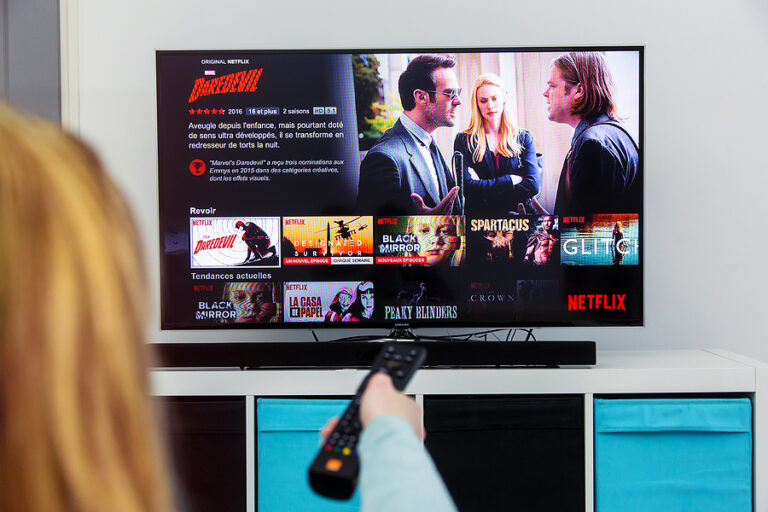Young professionals who are looking at the travel industry in New Zealand have a world of possibilities at their door. With institutions like Air New Zealand paving the way for participants to earn a healthy income and see unique corners of the globe for the privilege, this is a path that offers stability and excitement in equal measure.
Tourism remains a core component for the country, contributing approximately 20% of the nation’s total exports and injecting around $16 billion per year. This continued influx of cash makes for an enticing prospect for those that want to get involved in a thriving enterprise through private organisations and public support.
Young Kiwis might be apprehensive about deciding on their future career path too early, but the goods news in this environment is that they can scratch that travel itch and make a living from the exercise while they make up their mind. It is an adventure that only the individual can decide on, giving them the chance to bypass normal convention.
One of the outstanding benefits of working within the travel industry in New Zealand is that there is a wide variety of roles that can be enjoyed. From a hotel concierge position in the North or South Island to working as a regional tourism manager, visitor information officer, airport operations manager, travel consultant, agency manager or tour guide, this is an open field at all levels of the sector.
Discovering new cultures is where the travel industry becomes a real vehicle for people of all ages. It is only through these connections that individuals get the chance to learn more about communities from the Pacific Islands, Asia, Europe, Africa, South America, North America and Central America. While television series on National Geographic are insightful, actually getting to travel to these locations and discover new aspects of these ecosystems is a truly unique experience that cannot be substituted through other means.
Studies have indicated that New Zealanders who operate in the travel industry have a higher level of confidence in their skills and with their professional ambitions. They can see firsthand examples of their peers moving up the ladder and taking their career path in the right direction. With the learning of new languages and different operating practices from Asia to Europe, Africa and America, there is a high degree of independence for those who are making it on their own on the world stage.
By and large the people who work within the travel industry are happy and engaged with their profession. They are regularly meeting new people and exploring new territory that ensures no two days are ever the same. While roles in IT, manufacturing, retail and other sectors can be monotonous by nature, this is a fluctuating and evolving field where different communities and cultures come together in airports, hotels, tourist destinations, cruises and boats, ski lodges and exotic safari landscapes. It is an environment that attracts the romantics, thrill seekers, educators and those who want to push their boundaries and breakout from their bubble at home.
The final benefit for professionals getting their foot in the door with the travel industry in New Zealand is that the world economy suddenly becomes open to possibilities. From working with Richard Branson’s Virgin Group in the United Kingdom the Expedia Group in the United States to outlets across the UAE, Hong Kong, South Africa, Brazil or Australia, the skills that are gained within this domain will be easily transferrable to employers around the world. The professional connections also give workers the chance to build relationships given their commitments, opening all manner of doors that would not be possible in other commercial departments.










